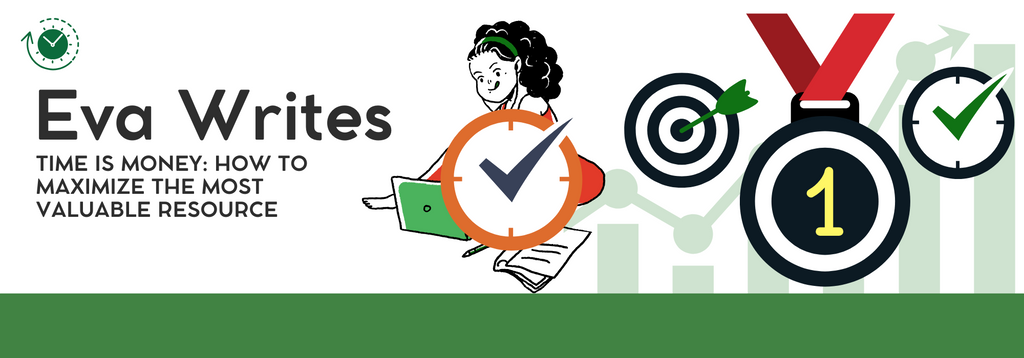Time Is Money: How to Maximize the Most Valuable Resource

Introduction
- Open with a powerful statement: “Time is the one currency we all have, but how you spend it determines your success.”
- Highlight how effectively managing time translates to better opportunities, financial growth, and a balanced life.
- Present an engaging question: “Are you investing your time wisely, or is it slipping away unnoticed?”
1. Understanding the Value of Time
1.1 Why Time Is More Precious Than Money
- Unlike money, time is non-renewable—you can’t earn more of it.
- Emphasize how valuing time leads to higher efficiency and smarter decision-making.
1.2 Opportunity Cost of Time Mismanagement
- Every wasted hour is a missed opportunity to grow, earn, or create something valuable.
- Examples: Spending hours on social media vs. building a skill or working towards a goal.
2. Principles of Time Investment
2.1 Treat Time Like a Financial Asset
- Use the concept of ROI (Return on Investment) to evaluate how you spend time.
- Focus on high-impact activities that yield significant personal or professional benefits.
2.2 The Cost of Procrastination
- Explore how delaying tasks depletes both time and productivity.
- Practical tips for overcoming procrastination and taking immediate action.
3. Strategies for Making Time Work for You
3.1 Prioritizing with Time Blocking
- Schedule tasks in dedicated slots to manage your day efficiently.
- Real-life example of how time blocking reduces decision fatigue.
3.2 Delegate and Automate
- How to free up your time by outsourcing tasks or using automation tools.
- Examples: Delegating administrative work or setting up automated bill payments.
3.3 Focus on High-Value Tasks
- Identify tasks that contribute most to your goals and spend more time on them.
- The 80/20 rule applied to time management: 20% of activities result in 80% of outcomes.
4. Building Better Habits to Save Time
4.1 Eliminate Time-Wasting Activities
- Conduct a time audit to identify unproductive habits and replace them with efficient ones.
- Tools for monitoring and analyzing time usage.
4.2 Leverage Micro Habits
- Incorporate small, consistent changes to save time, such as organizing workspaces or pre-planning meals.
5. Long-Term Gains Through Strategic Time Use
5.1 Compound Effect of Time Investments
- Like money in a bank, wisely invested time builds up over days, months, and years.
- How daily progress toward goals translates to long-term success.
5.2 Balancing Time Across Life Domains
- Allocate time to work, relationships, health, and personal growth.
- Insights on maintaining a healthy work-life balance.
6. Common Pitfalls to Avoid in Time Management
6.1 Overloading Your Schedule
- Learn the dangers of burnout from overcommitting.
- Tips for setting boundaries and saying no.
6.2 Focusing on Busywork Instead of Real Work
- Differentiate between being busy and being productive.
- Tools and methods for focusing on meaningful tasks.
Conclusion: Time Well-Spent Equals a Life Well-Lived
- Reinforce the idea that time is your most valuable asset, and how you use it shapes your future.
- Inspire readers to start treating their time as carefully as their finances.
- End with an actionable takeaway: “Value your time, and it will value you back in unimaginable ways.”
SEO Keywords for the Blog
- Time management strategies
- Time is money meaning
- Prioritize your time
- High-value activities
- Overcoming procrastination
-
Posted in
#Focus, #Growth, #Habits, #Motivation, #Success







